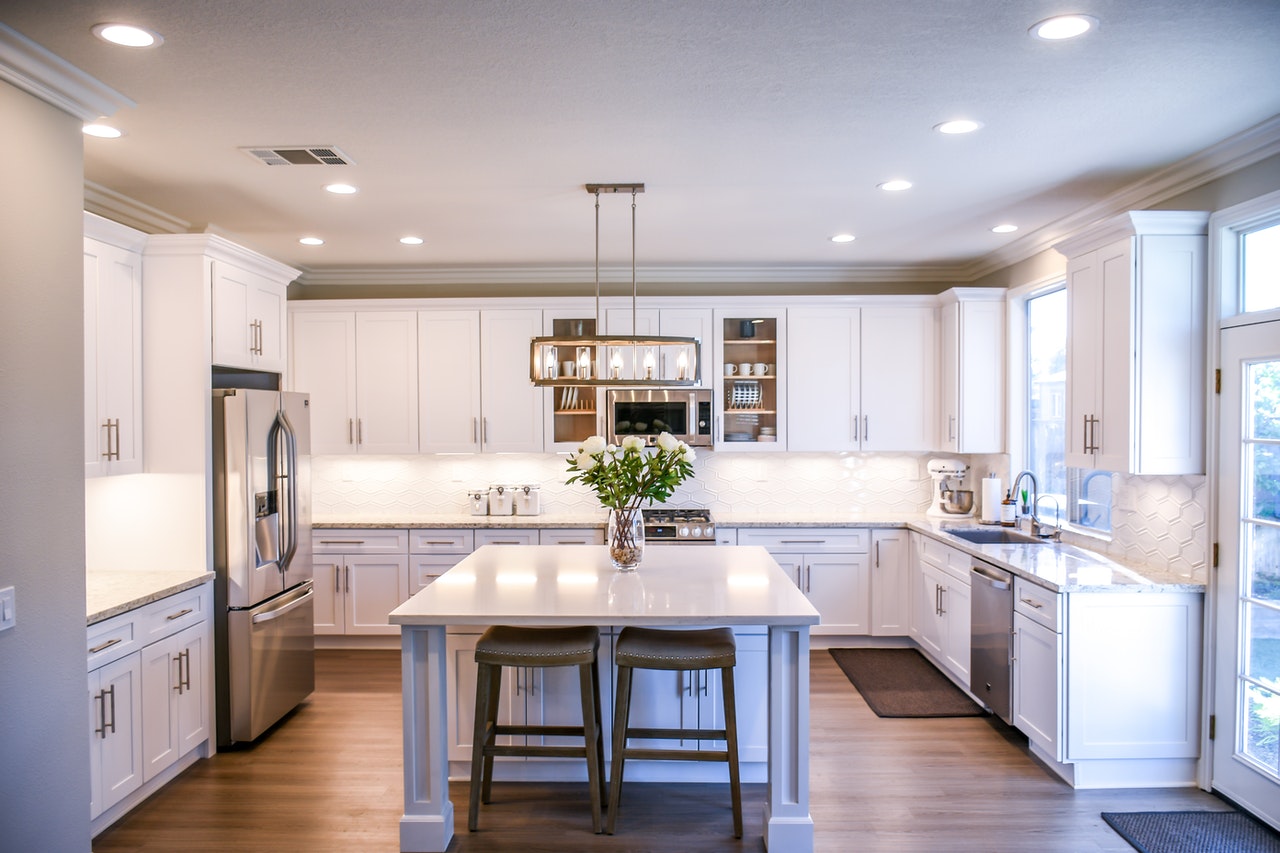Historic Charm or Modern Amenities?
Exploring Boston's Real Estate Dilemma
Boston is a city steeped in history, with its cobblestone streets, colonial architecture, and revolutionary landmarks. But it's also a thriving metropolis with a modern skyline and world-class amenities. This unique blend of the old and the new has created a real estate dilemma for Bostonians and newcomers alike. Should you opt for a historic home brimming with character or choose a modern dwelling equipped with the latest amenities? Let's explore the options and the factors that influence this decision.
The Allure of Historic Charm
Historic homes offer a sense of character and authenticity that is unmatched by modern construction. They often feature unique architectural details, such as exposed brickwork, ornate woodwork, hardwood floors, stained glass windows, fireplaces, and antique fixtures. These homes also tell a story, having been lived in by generations of families and having witnessed the evolution of the city. Living in a historic home can make you feel like you're part of Boston's rich history, and it's an excellent choice for those who are passionate about preserving the city's heritage.
Of course, historic homes also come with their own challenges. They may require more maintenance and repairs than newer homes, and their floor plans may not be as functional for modern living. Additionally, historic homes are often located in older neighborhoods, which may not have the same amenities as newer developments.
One of the most iconic neighborhoods for historic homes in Boston is Beacon Hill. With its gaslit streets, Federal-style townhouses, and brick sidewalks, it's a place where you can step back in time while enjoying modern conveniences. The North End, South End, and Charlestown are also brimming with historic homes, each with its unique story to tell.

The Appeal of Modern Amenities
On the other side of the coin, modern amenities and conveniences have their own allure. In a city like Boston, where harsh winters and humid summers are not uncommon, having an efficiently heated, cooled, and insulated living space can be a game-changer. Modern homes come equipped with the latest technologies, from smart home systems to energy-efficient appliances, and central air conditioning, updated kitchens and bathrooms, and in-unit laundry facilities. These features can make daily life more comfortable, convenient, and cost-effective.
Additionally, new homes are often located in newer neighborhoods with desirable amenities, such as parks, playgrounds, and shopping centers. However, modern homes often lack the character and charm of historic homes. They may also be more expensive, especially in desirable locations.
In neighborhoods like the Seaport District and the Fenway area, new developments have cropped up in recent years, offering contemporary apartments and condos with state-of-the-art facilities. This is particularly appealing to young professionals and tech-savvy individuals who value modern living and accessibility.
Finding the Right Balance
So, how do buyers choose between the historic charm of older homes and the modern amenities of new construction? Ultimately, the decision comes down to personal preference. Some buyers may value the character and authenticity of historic homes over the convenience and efficiency of new construction. Others may prefer the modern amenities and amenities of new homes over the charm of historic homes.
It is important to weigh the pros and cons of each type of home before making a decision. Buyers should also consider their budget and lifestyle needs. For example, if buyers have young children, they may prefer a home with a backyard and playground access. If buyers are downsizing, they may prefer a smaller home with less maintenance.
The Boston Real Estate Market
The Boston real estate market is highly competitive, with a limited supply of homes and high demand. This means that buyers may need to compromise on some of their wants in order to find a home that fits their needs and budget.
Buyers who are interested in historic homes should be prepared to act quickly when they find a property that they love. Historic homes often sell quickly, and buyers may need to compete with multiple other offers.
Buyers who are interested in new construction should also be prepared for competition. New homes are often in high demand, and buyers may need to pay a premium to secure a property.
Conclusion
There is no right or wrong answer when it comes to choosing between historic charm and modern amenities. The best way to decide is to weigh the pros and cons of each type of home and consider your budget and lifestyle needs. Some are drawn to the romance of a bygone era, while others opt for the convenience and efficiency of modern living. Whether you choose the cobbled streets of Beacon Hill or the gleaming skyscrapers of the Seaport District, Boston offers something for everyone. In the end, your decision should reflect your own values, preferences, and aspirations, as you become a part of the ever-evolving tapestry of Boston's real estate landscape.
If you are considering renting or buying a home in Boston, it is important to work with a qualified real estate agent who can help you find the right property for your needs and budget.